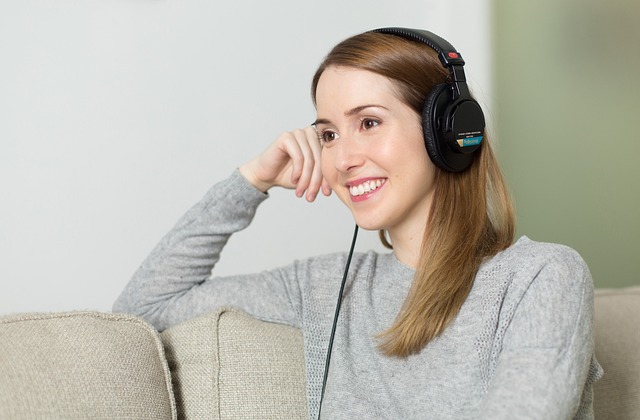고정 헤더 영역
상세 컨텐츠
본문
Music has been used for health.

Music has been used for its therapeutic benefits for centuries, dating back to ancient civilizations. In recent years, there has been increasing scientific evidence supporting the use of music as a therapeutic tool in medical settings. The medical use of music is a form of complementary medicine that can be used to support various aspects of health and wellbeing.
Pain management:
Music has been shown to have a positive effect on pain management. Listening to music can distract patients from their pain, which can reduce their perception of pain. Music has been found to be effective in reducing pain during medical procedures such as surgery, dental procedures, and childbirth.
Soft and slow-paced music can be helpful in managing pain. Classical music, new age, and instrumental music are often used in pain management. Patients may also find comfort in familiar music from their favorite genres.
Anxiety and stress reduction:
Music has a calming effect on the mind and body, and can be used to reduce anxiety and stress. It has been shown to be effective in reducing anxiety in patients undergoing medical procedures and in those with anxiety disorders.
Calming and soothing music can be helpful in reducing anxiety and stress. Slow-paced music with a consistent rhythm can be effective in calming the mind and body. Music from genres such as classical, jazz, and folk can be good for reducing anxiety.
Improving mood and mental health: Music with a positive and uplifting tone can be helpful in improving mood and mental health. Patients with depression and anxiety may benefit from listening to music with positive lyrics and upbeat tempos. Pop, rock, and contemporary Christian music are often used to improve mood.
Rehabilitation and physical therapy:
Music can be used as part of rehabilitation and physical therapy programs to improve movement and coordination, and to promote relaxation. It has been found to be effective in improving gait and balance in patients with Parkinson's disease.
Music with a strong and consistent rhythm can be helpful in improving movement and coordination. Patients may benefit from music with a tempo that matches the pace of their physical movements. Music from genres such as pop, rock, and electronic dance music can be used in physical therapy.
Memory and cognition:
Music has been shown to have a positive effect on memory and cognition. It can be used to improve memory in patients with Alzheimer's disease and other forms of dementia. Music therapy has been found to be effective in improving cognitive function in stroke patients.
Familiar music from a patient's past can be helpful in improving memory and cognition. Music from their teenage years and young adulthood can be particularly effective in triggering memories. Classical music, folk music, and jazz can also be used to stimulate cognitive function.
'HOT NEWS' 카테고리의 다른 글
| BTS Lego to Be Launched in March (4) | 2023.02.21 |
|---|---|
| 트와이스, 미니 12집 'READY TO BE' 티저 (2) | 2023.02.21 |
| Vocal Training Tips. (2) | 2023.02.17 |
| Problems and solutions to the Kpop craze in Japan. (6) | 2023.02.16 |
| 르세라핌/르니버스 EP.12 (2) | 2023.02.16 |





댓글 영역